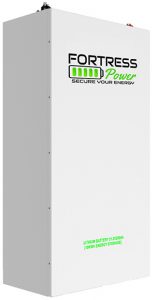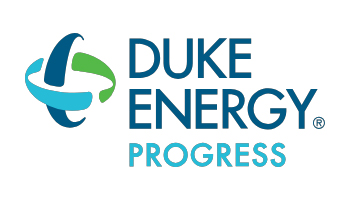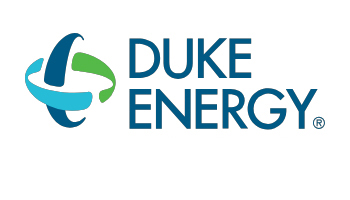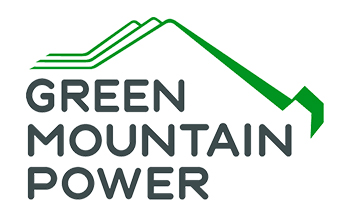 Solar batteries can make the difference between having and not having power during the harsh weather.
In recent years, climate change has led to an increase in weather-related disasters. Millions of people across the globe have been affected by extreme weather conditions such as heat waves, heavy downpours, severe floods and droughts, increased wildfire activity and rising sea levels.
These extreme weather events often result in power outages, leading homeowners to find ways to protect against blackouts, such as solar or photovoltaic (PV) systems.
If you are among these homeowners, there are a few factors to consider before you install a PV system:
Solar batteries can make the difference between having and not having power during the harsh weather.
In recent years, climate change has led to an increase in weather-related disasters. Millions of people across the globe have been affected by extreme weather conditions such as heat waves, heavy downpours, severe floods and droughts, increased wildfire activity and rising sea levels.
These extreme weather events often result in power outages, leading homeowners to find ways to protect against blackouts, such as solar or photovoltaic (PV) systems.
If you are among these homeowners, there are a few factors to consider before you install a PV system:

Fortress Power eSpire Mini Approved for CT Green Bank’s Energy Storage Solutions Program
Fortress Power eSpire Mini Approved for CT Green Bank’s Energy Storage Solutions Program Commercial and Industrial Customers Can Improve Their Bottom Line with Powerful New


















